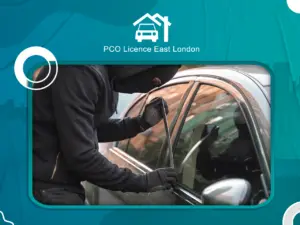PCO and private hire drivers become anxious when they hear about any assessments. However, in order to obtain a PCO licence, PCO and private hire drivers have to undertake the Safety, Equality and Regulatory Understanding (SERU) alongside the Topographical and English Language Requirement (ELR). a they have to undertake in order to obtain the PCO licence. One assessment PCO and private hire drivers will be undertaking is.
Tra
Many PCO drivers are nervous about the TfL English tests and, in particular, the SERU assessment. This post will explain this process and help give you the skills to succeed.
In 2016, Transport for London (TfL) introduced the English Language Requirement (ELR) as part of its rules for getting the PHV driver licence needed to work as an Uber driver. Many private hire drivers in London also refer to this as a PCO badge but it’s the same thing.
Our full guide on how to get a PCO licence in 2023 is here. Right now, let’s talk about SERU.
How does the SERU assessment work?
The ELR was designed to check that every private hire driver in London can speak, listen, read and write English to an intermediate standard. In simple terms, it means an Uber driver will have the language skills to cope with most ‘common situations’ while on a trip to the UK.
At first, drivers could simply provide documentary ELR evidence, such as a certificate from one of TfL’s appointed Secure English Language Test (SELT) providers, to deal with this. From 2021, TfL said PCO drivers must pass actual tests – and it also expanded the idea to check that they understood the safety and rights of passengers, plus basic TfL regulations.
This was the Safety, Equality and Regulatory Understanding (SERU) assessment. Rather than make London PHV drivers take an extra test – i.e. in addition to the spoken and written tests – the SERU exam checks your reading and writing too. It’s one test with two purposes.
Since then, there have been transition arrangements for the existing London PHV drivers. From April 2023 onwards, though, every London Uber driver must now pass the SERU assessment, whether new to the game or an experienced driver ready to renew your licence. It’s just a matter of when you do so.
We will cover who needs to do what shortly. First, let’s focus on how these ELR tests work.
What does the TfL English test include?
The TfL English test – which is what many people call the ELR – is split into two halves.
Speaking and listening assessment
The first test checks your verbal English language skills and is a 15-20 minute conversation with an interlocutor (i.e. an examiner you speak to). This happens at the TfL offices but it takes place over a video or telephone link with a TfL service provider called PeopleCert.
Reading and writing assessment (SERU)
The second exam ensures you understand the big issues relevant to passenger safety, equality and TfL regulations, while also checking your written English skills. This 45-minute test involves multiple-choice questions and completing sentences by filling in missing words.
These tests are run separately but most drivers take both on the same day. You can do this at the TfL office in Baker Street or West Kensington and each one costs £36 if taken for the first time – or you will pay £16 for a re-sit.
For more practical details about exactly how to book the two ELR tests see our full guide.
Did you know:
The third TfL exam for a PCO licence checks if an Uber driver knows London geography and is able to plan routes. This is called the Topographical Test.
When do PCO drivers take the ELR exam?
From April 2023, all new private-hire drivers must pass both ELR tests before they can get a PCO licence. There is a little wiggle room for existing Uber drivers and here’s how it works:
New applicants for a PCO licence (ie after 1 April 2023)
Action: Must pass both ELR (ie speaking/listening and SERU) tests before licence is issued.
PCO drivers licensed between 1 Oct 2021 and 1 April 2023
Action: Must pass both ELR (ie speaking/listening and SERU) tests by 30 Sept 2024.
PCO drivers licensed before 1 Oct 2021 who gave evidence by 30 Sep 2022*
Action: Must pass SERU test only by 31 Mar 2025
* Assumes the evidence given to TfL was accepted. If not, both ELR tests must be taken.
Note that even drivers who already have a PCO licence must pass the SERU exam – and they might need to take it again in the future if the rules change. TfL says that it reserves the right to require applicants to take the SERU assessment for a second time, in the event of a significant change in the regulatory landscape. This feels fairly unlikely but it is possible.
What does the SERU assessment mean?
The SERU exam is based on the PHV Driver Handbook and covers four main subjects:
Passenger and driver safety – how to protect children or adults at risk from harm
Road and vehicle safety – regulations on licence tests and public safety
Equality – the needs of passengers with protected status (e.g. race or disability)
TfL policy for PHV drivers – rules about private hire driver’s behaviour at work
The SERU assessment is taken entirely on a computer. Drivers will use a mouse and not a keyboard to input all of the answers and you must score at least 60% to pass.
This TfL video explainer video explains the structure but there are 36 questions which are split into three styles:
Standard multiple choice
These are fairly simple questions where you must choose one correct option from a list.
Tip: Be careful to note important words such as ‘only’ or ‘new’ that subtly affects the answer.
Short-passage multiple choice
This type of multiple-choice question involves reading a short passage of information text before you select a correct option. There are usually only two questions like this in the test.
Tip: Slowly read the whole passage of text more than once before you choose. Remember that the test is checking your understanding of English as much as it is specific knowledge.
Sentence-completion questions
Here you must drag-and-drop the correct words from a shortlist into the right position within an incomplete sentence to form the correct answers. The idea is simpler than it sounds.
Tip: Remember to drag any unused words into the pink box provided for incorrect words before you finish. Otherwise, you will not get full marks, even if you select the right answers.
How to pass the SERU assessment test?
The SERU assessment is tricky, even for native English speakers. However, as with any test, you can easily improve with practice. This is partly a matter of learning the relevant knowledge but it’s also about building your confidence on each style of question. Remember SERU tests your written language and comprehension skills as much as the actual topics.
These learning resources will help every Uber driver to prepare for the SERU assessment.
Read the PHV Drivers Handbook for a full guide on how to do the job
Check the TfL assessment tool to gain knowledge relevant to SERU
Complete the official TfL interactive safeguarding course
Review this Uber round-up of extra safeguarding tools
Where is good training for the SERU assessment?
Uber provides regular training sessions at its Green Light Hubs as well as online webinars and also discount codes for two specialist partners for SERU courses. You can check if these discount codes are still active here before you book.
Full day of in-person training that covers SERU and speaking/listening test
Runs from 10am to 5pm every day of the week
Includes online access to practice resources until the ELR tests
Fees: £150
20% discount with code RUSSBER2325
Online course (Choose from 2-week, 4-week or 8-week access)
Includes training materials and SERU mock test resources
Fees: 2 weeks = £45 | 4 weeks = £60 | 8 weeks = £80
40% discount with code UBER2023
If you are nervous about the SERU assessment, this is understandable. If you don’t pass the first time, you will not lose your licence, as you can retake the test. However, a second failure means you must reapply for your PCO licence, so ensure that you prepare well.
The ultimate goal of the SERU exam is about safeguarding children plus other vulnerable passengers and to create a safer driving experience for everyone. It is well worth the effort.
Otto Car believes that safety is what brings our loved ones home to us every day – and we are happy to be part of your personal journey. You’ve got the power to make this happen.
The Otto Car PCO Blog is filled with excellent guides for new PCO drivers:
How to pass the TfL English test for PCO drivers in 2023 here
How to get a PCO licence in 2023 here
How to pass the TfL Topographical Skills Test in 2023 here











